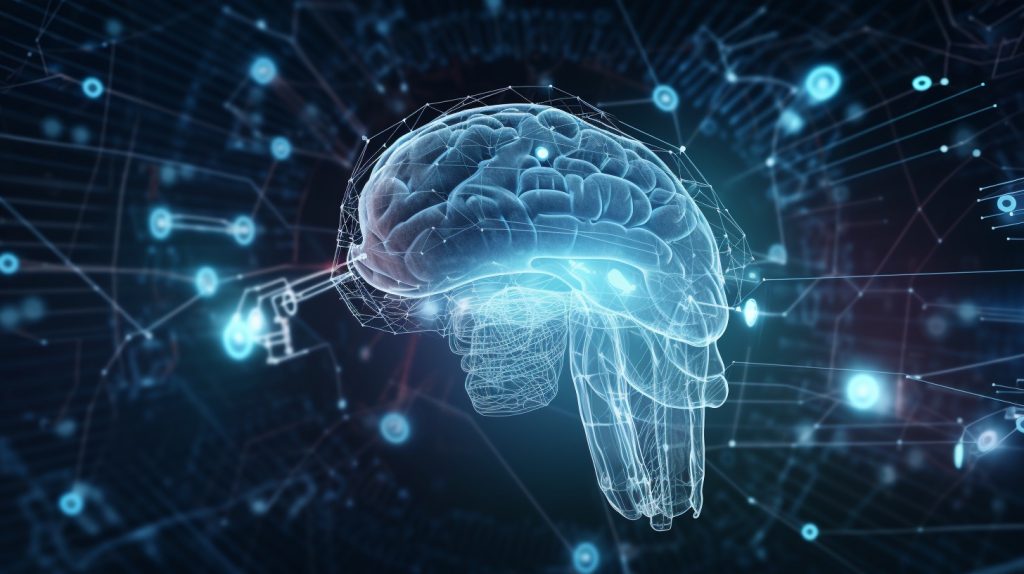In recent years, the rapid advancement of Artificial Intelligence (AI) has sparked intense debates about its impact on the job market. While some fear job displacement, others see AI as a tool for enhancing productivity and creating new employment opportunities. This article delves into the intricate relationship between AI and the job market, exploring how automation is reshaping employment across various industries.
The Rise of AI in the Workplace

Understanding AI
Before delving into its implications, let’s first understand what AI truly is. AI involves creating computer systems that can execute human functions. These tasks include learning, thinking, problem-solving, perception, and language comprehension.
AI Technologies
Machine learning, natural language processing, robotics, and computer vision are all part of AI. These technologies have advanced exponentially, enabling machines to perform increasingly complex tasks.
The Impact on Traditional Jobs
Automation in Manufacturing
One of the most noticeable impacts of AI is in the manufacturing sector. Automation has led to the displacement of human workers as machines take over repetitive and labor-intensive tasks. While this has increased efficiency, it has also resulted in job losses.
AI in Customer Service
The rise of chatbots and virtual assistants in customer service is another example. AI-powered systems can handle customer inquiries, reducing the need for human customer support agents. However, this also raises questions about the quality of customer interactions.
AI as a Job Creator
Emerging Roles in AI
While AI has the potential to displace certain jobs, it is also a significant job creator. The need for automation, data, and machine learning experts is growing. Companies are actively seeking professionals with expertise in AI to develop and maintain these systems.
AI and New Industries
AI has given birth to entirely new industries, such as autonomous vehicles and drone technology. These sectors require a skilled workforce to design, build, and maintain AI-driven solutions, thereby creating new employment opportunities.
The Future of Work
Adaptation and Reskilling
To thrive in an AI-driven job market, individuals must adapt and acquire new skills. Continuous learning and reskilling will be crucial to stay relevant in industries prone to automation.
AI and Human Collaboration
The future workplace is likely to be a blend of humans and machines working together. Automation will assist humans in tasks, augmenting their capabilities rather than replacing them.
The Gig Economy and AI
AI-Enabled Platforms
The gig economy, characterized by short-term freelance work, has seen a significant boost from AI-powered platforms. These platforms match freelancers with clients more efficiently, expanding opportunities for individuals to find work and companies to access specialized talent on demand.
Income Inequality
While the gig economy offers flexibility, it also raises concerns about income inequality. AI can determine pay rates, potentially leading to disparities in earnings among gig workers. Addressing these issues will be crucial for ensuring a fair job market.
AI in Education and Training
Personalized Learning
AI powers individualized learning, transforming education. Adaptive learning platforms use AI algorithms to tailor coursework to each student’s needs, making education more effective and accessible.
Skill Enhancement
AI-driven training programs can help individuals acquire new skills and stay competitive in the job market. Online courses and AI-powered tutors make learning more convenient and cost-effective.
The Ethical Considerations of AI
Bias in AI
AI systems can inherit biases present in the data they are trained on, leading to unfair decisions in areas like hiring and lending. Addressing bias in AI algorithms is crucial for creating a just job market.
Job Displacement and Social Impact
The potential for widespread job displacement due to AI requires careful planning and social safety nets. Governments and businesses must work together to minimize the negative consequences of automation.
The Role of AI in Remote Work
Remote Collaboration Tools
AI has transformed remote work by providing advanced collaboration tools. Virtual meeting assistants, document automation, and AI-driven project management tools enhance productivity for remote teams.
Work-Life Balance
AI can also help employees maintain a healthy work-life balance by automating repetitive tasks, allowing them to focus on more fulfilling aspects of their jobs and personal lives.
Must Read: The Art Of Finding Joy In Everyday Life
Conclusion
In conclusion, AI is undeniably reshaping the employment landscape. While it may displace some traditional jobs, it also presents new opportunities and demands for skilled professionals. The key to success in this evolving job market lies in adapting, reskilling, and embracing the symbiotic relationship between humans and AI.
FAQs
Is AI going to take over all jobs?
AI is unlikely to take over all jobs. While automation will impact certain roles, new jobs will emerge in AI-related fields.
How can I prepare for AI-driven jobs?
To prepare for the AI-driven job market, consider gaining skills in AI, data science, and continuous learning.
Will AI completely replace human workers?
No, AI is more likely to augment human workers by assisting them in tasks and enhancing their productivity.
What are some industries benefiting from AI?
Industries like healthcare, finance, and transportation are experiencing significant benefits from AI implementation.
How can companies ensure a smooth transition to an AI-powered workforce?
Companies can ensure a smooth transition by investing in employee training, fostering a culture of adaptation, and responsibly managing AI implementations.
